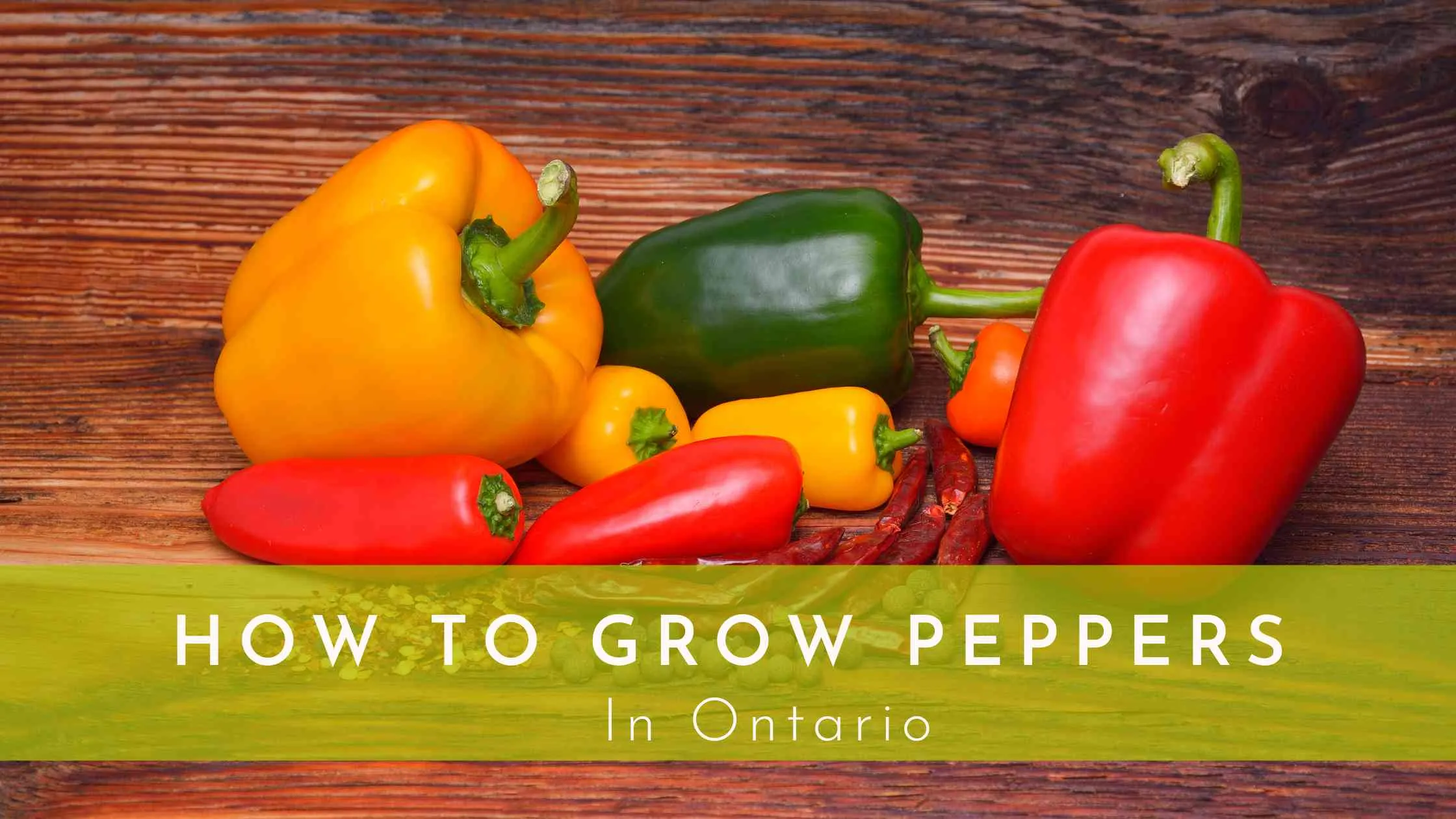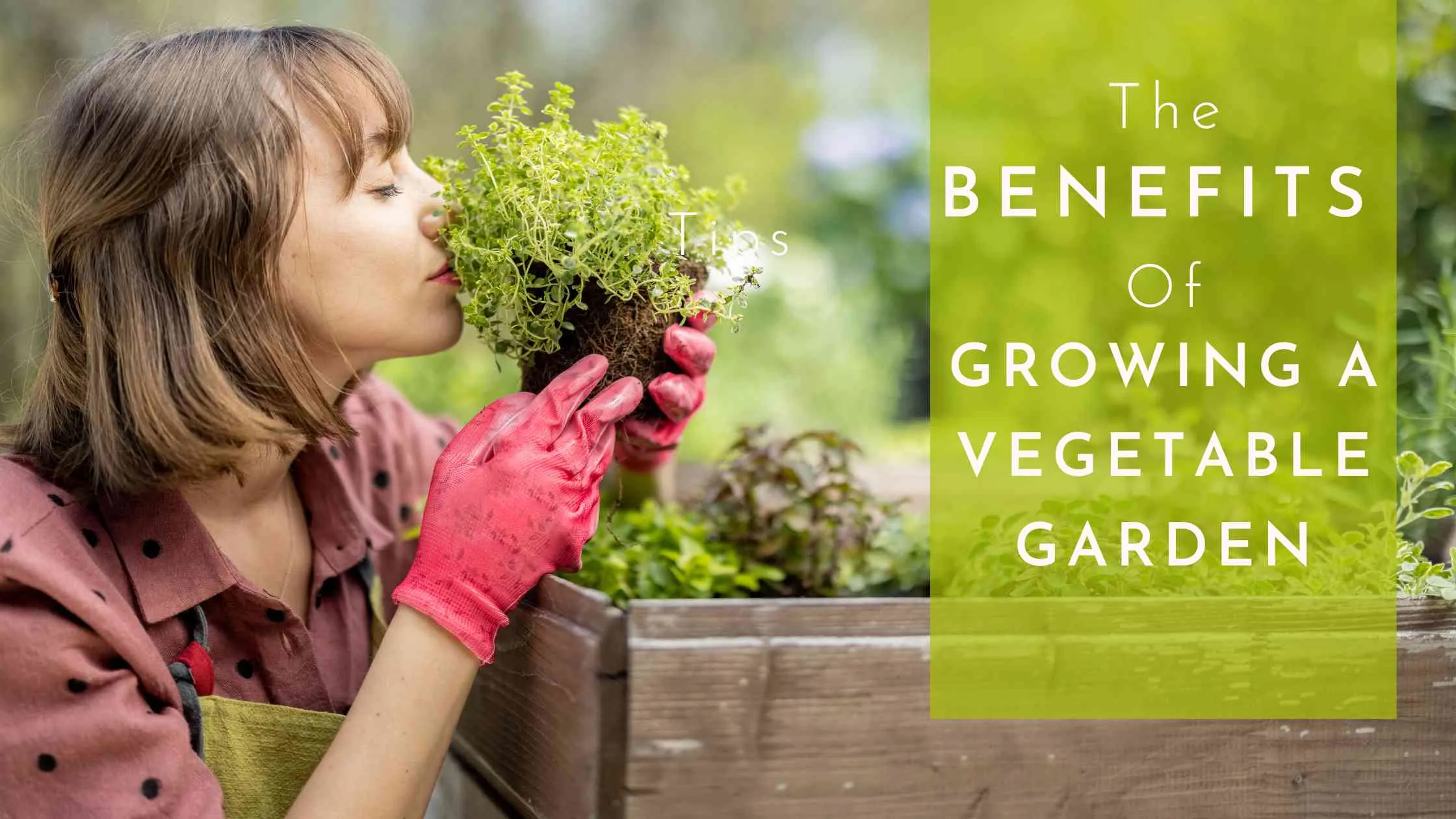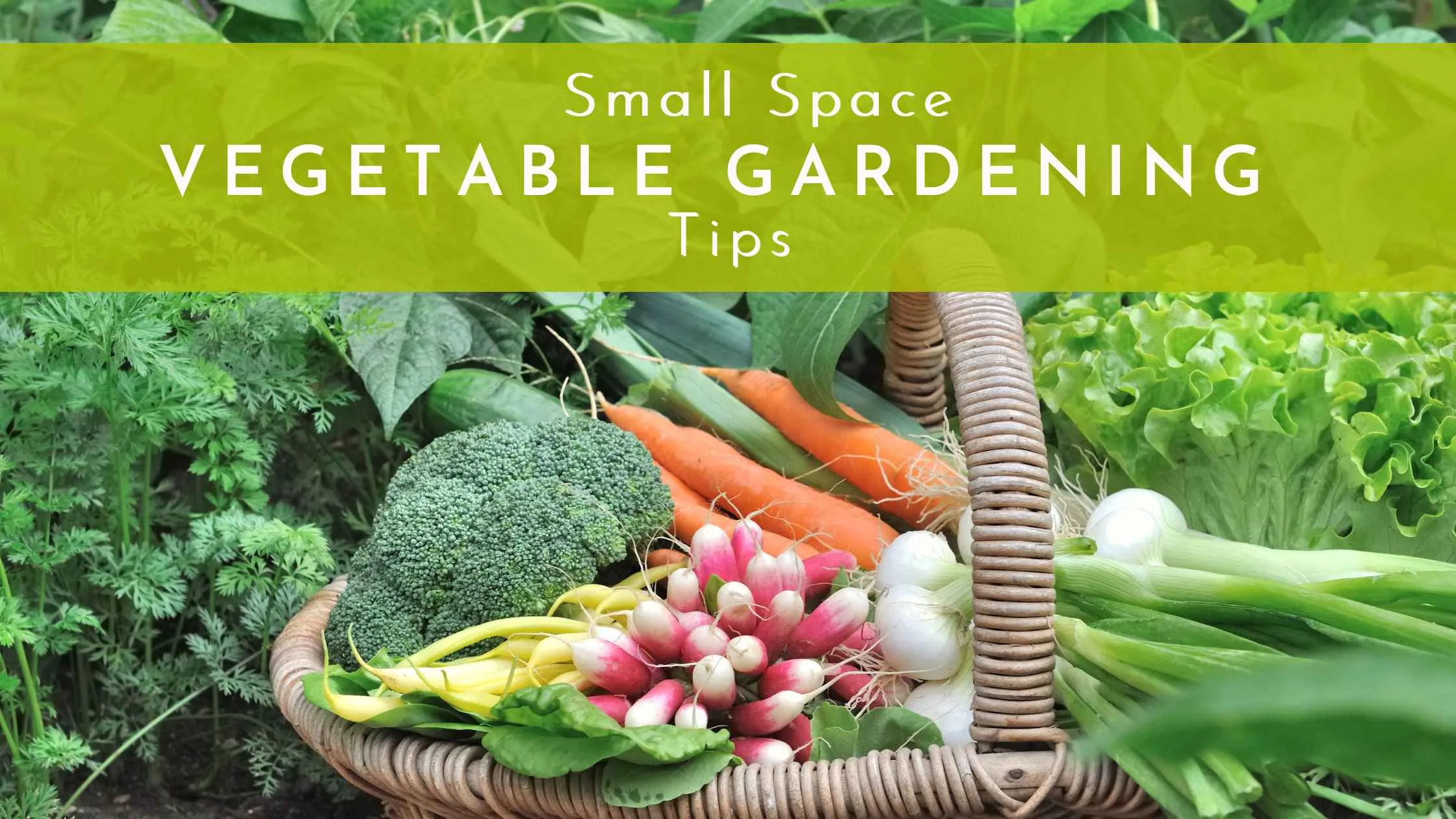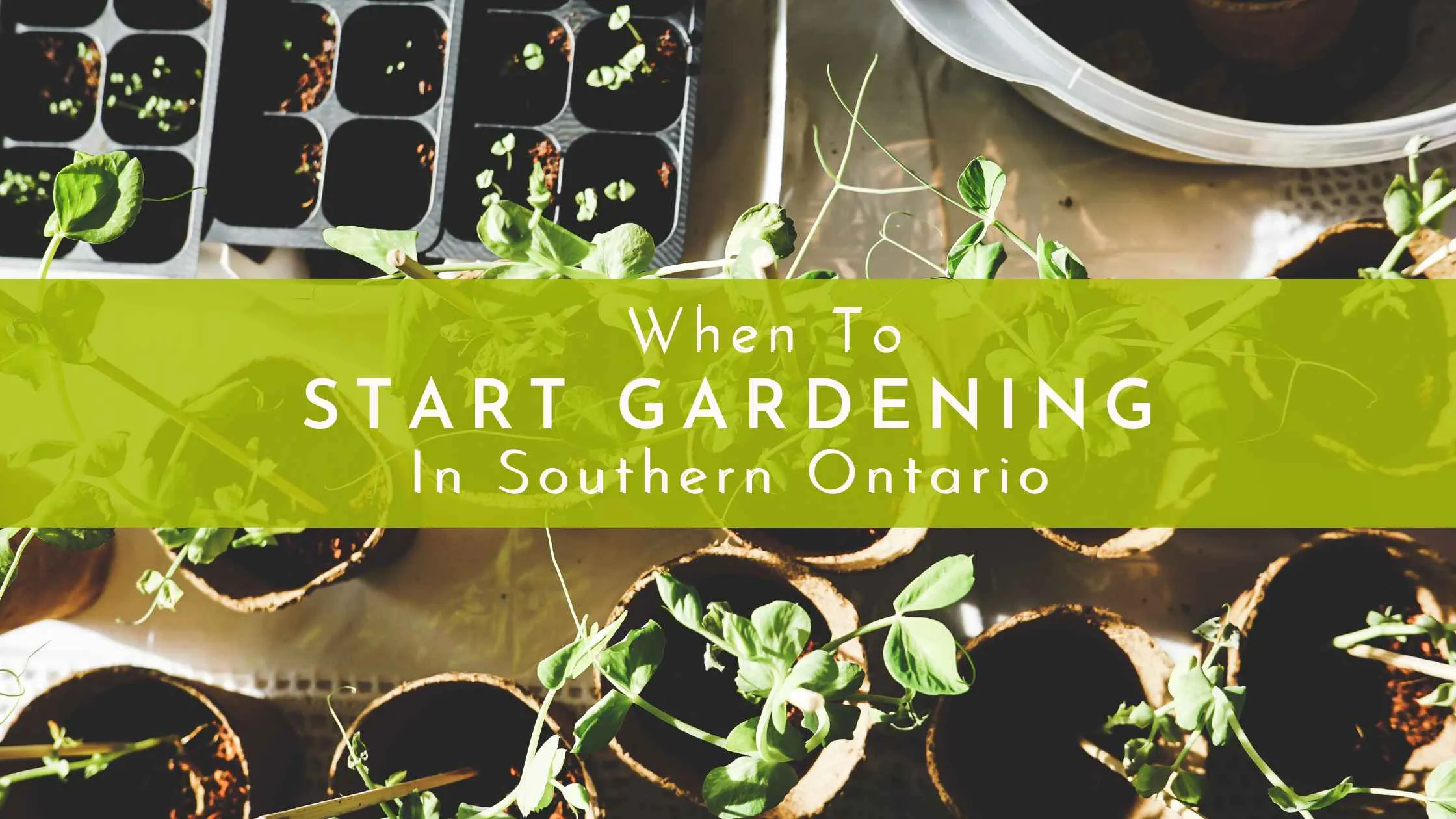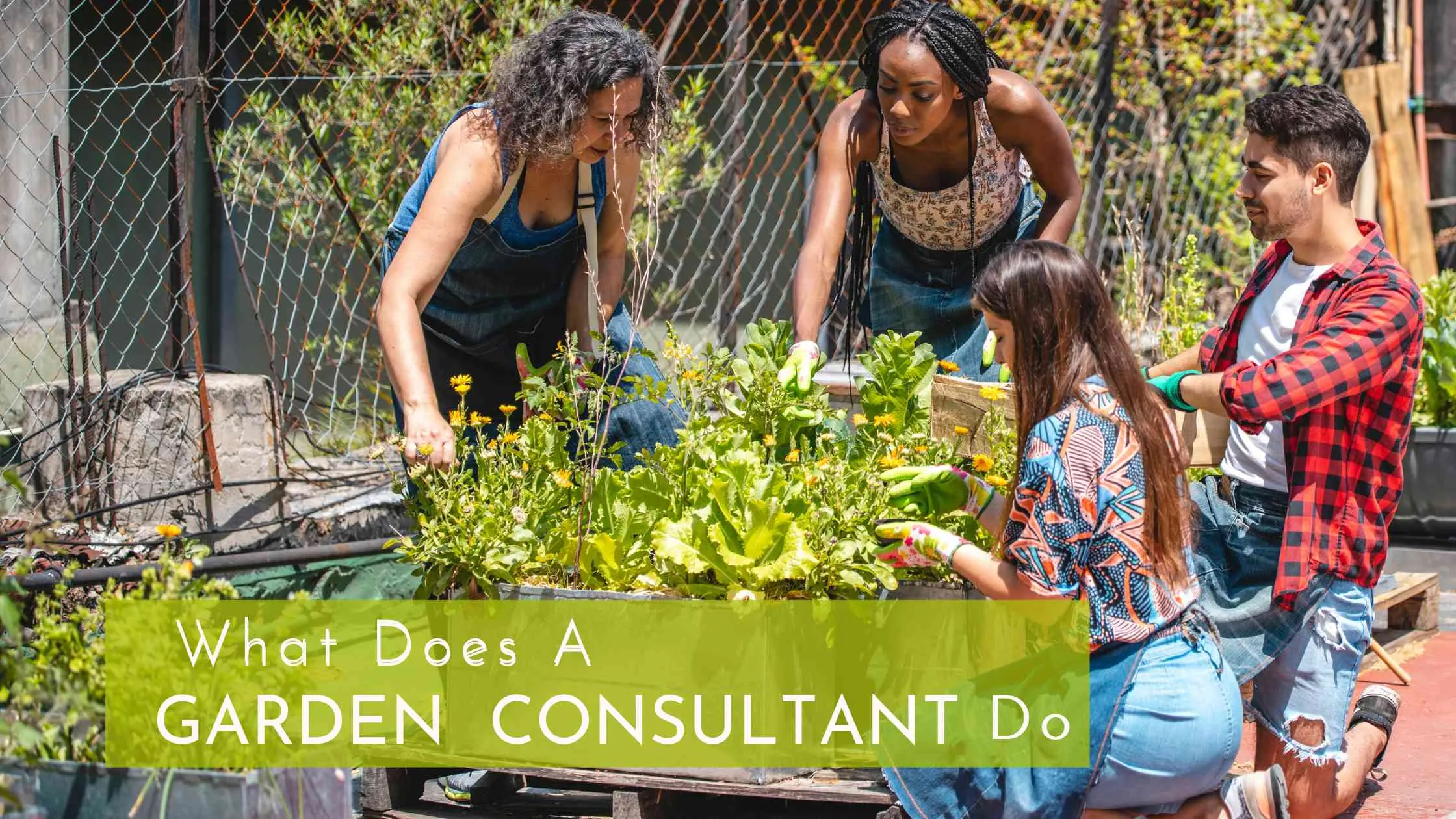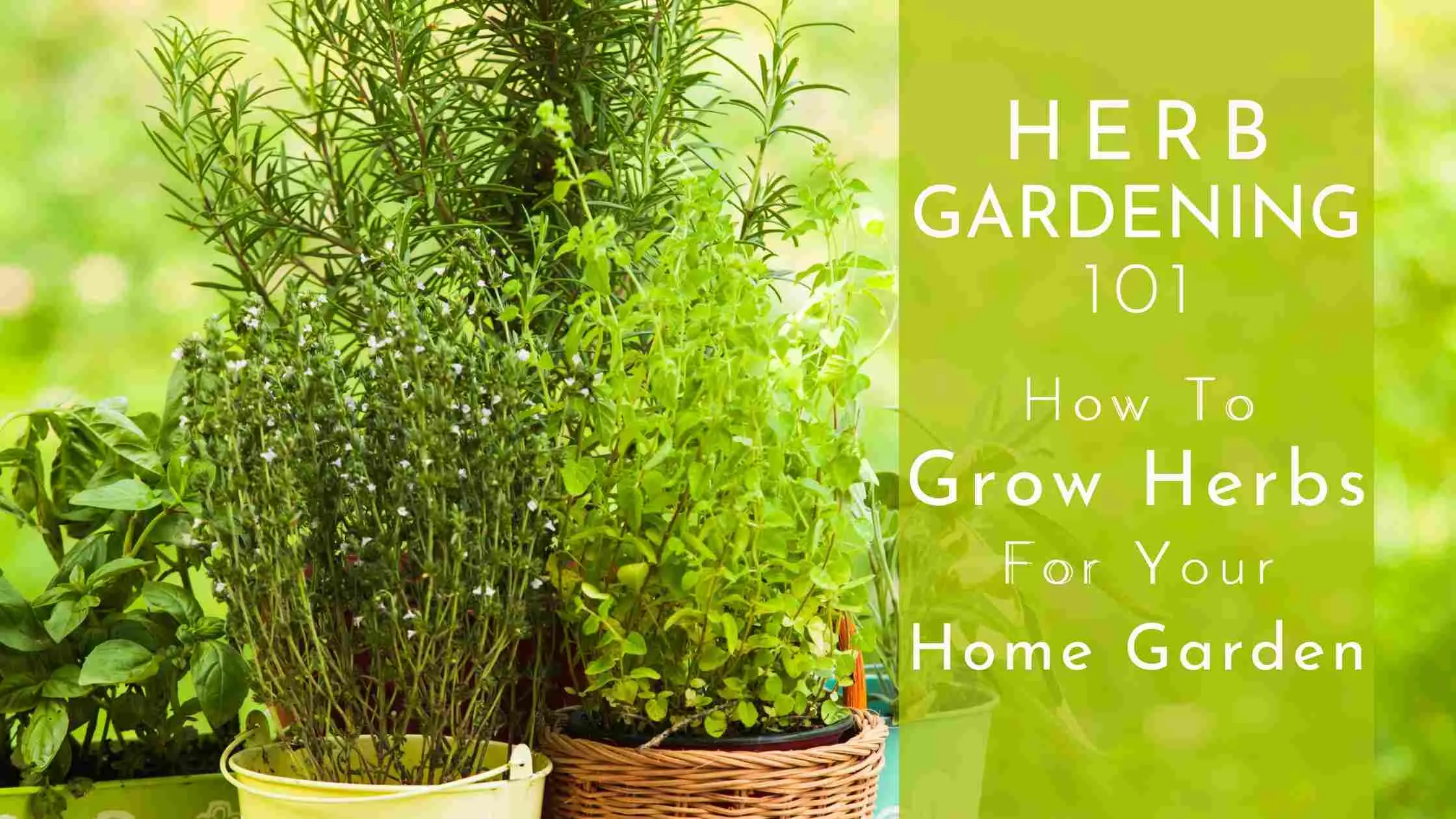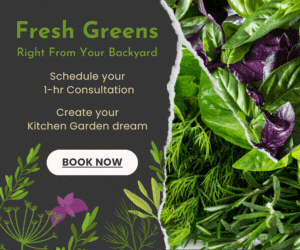Must-Have Gardening Tools For Beginners
Whether you're starting a small garden on your balcony, patio, or a little corner of your backyard, diving into the world of gardening is exciting and rewarding. Having the right tools can make all the difference in nurturing your green oasis. This guide is tailored for beginners, focusing on essential, eco-friendly gardening tools that support sustainable practices. Let's dig in and explore the must-haves for your gardening adventure!
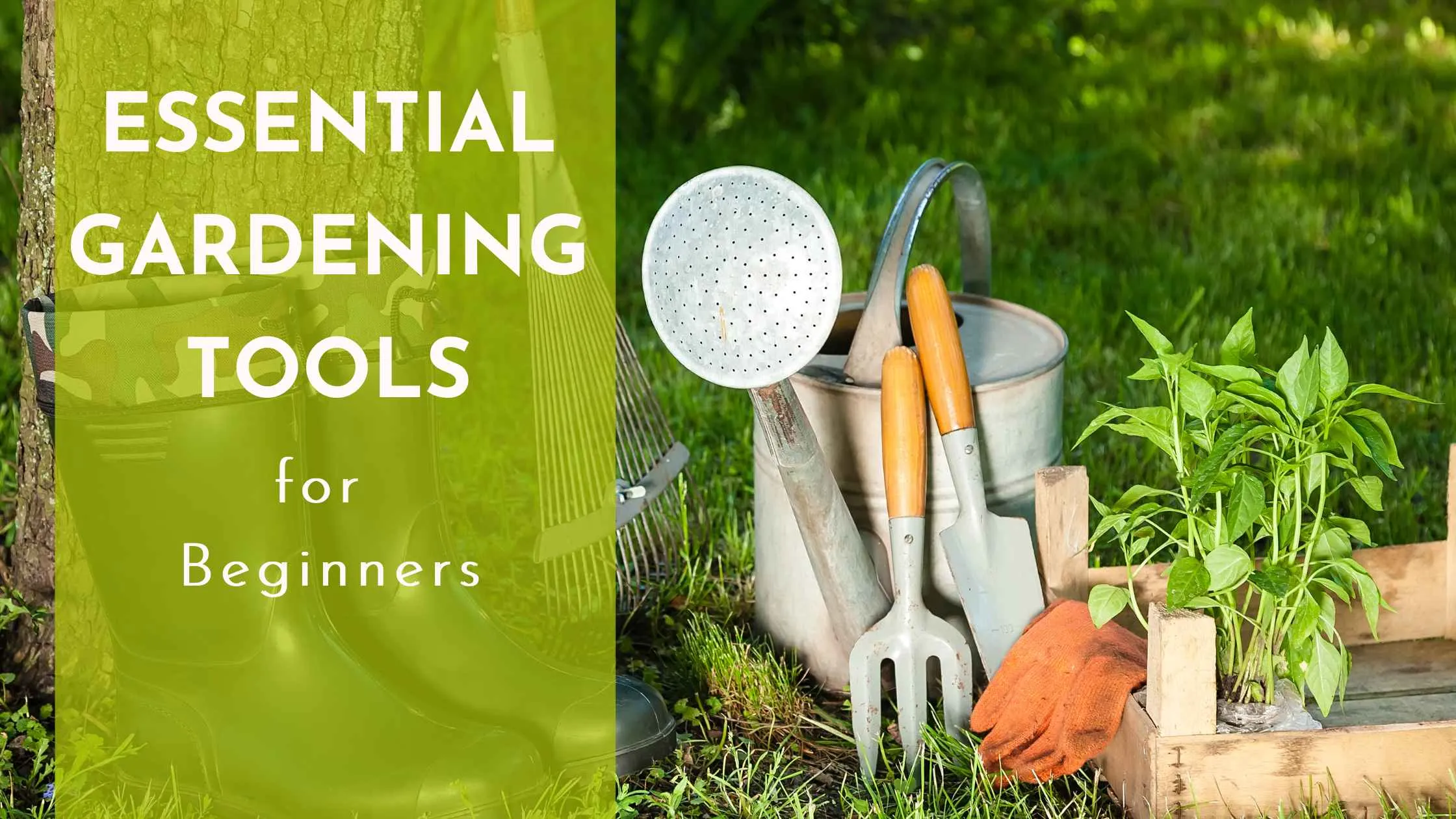
Essential Gardening Tools for Beginners
Gardening Gloves
Your hands are your primary tools, so protecting them is crucial. Opt for durable, breathable gardening gloves made from natural materials like bamboo fibers, which offer protection while being environmentally friendly. They'll keep your hands safe from thorns, cuts, and soil-borne irritants.
Raised Garden Bed or Other Containers
Raised garden beds and containers are perfect for small spaces, offering excellent drainage and ease of access. Choose beds made from untreated, sustainably sourced wood or other recycled and durable materials such as brick or food-safe metal to stay in line with organic gardening principles.
Organic Soil
Healthy plants start with healthy soil. Use organic soil, rich in natural nutrients and free from synthetic chemicals. It provides a strong foundation for your plants, ensuring they grow robust and vibrant.
Compost or Organic Fertilizer
Compost is like gold for gardens, enriching the soil with essential nutrients. You can make your own compost from kitchen scraps and yard waste, reducing waste and nurturing your plants naturally. Organic fertilizers, derived from natural sources, are also great for giving your plants an extra boost.
Dibber
A dibber, or dibble, is a simple tool for making holes in the soil for seeds or seedlings. Opt for one made from sustainable materials like wood or bamboo. It's a basic but invaluable tool for precise planting.
Hand Trowel
A hand trowel is indispensable for digging, planting, and moving soil in small spaces. Choose one with a durable handle and a stainless steel head for strength and eco-friendliness.
Hand Fork or Cultivator
This tool is perfect for loosening soil and uprooting weeds. A hand fork with a strong handle and stainless steel tines combines functionality with sustainability.
Hand Pruners or Pruning Shears
For healthy plants, regular pruning is key. Hand pruners or shears made from high-quality, rust-resistant steel ensure clean cuts and long-lasting use.
Loppers
When you need to tackle thicker branches, loppers are your go-to tool. Look for those with long, handles for leverage and blades that can be sharpened to extend their life.
Garden Scissors
Garden scissors are versatile, allowing for precise cuts on smaller plants, flowers, or thin branches. Choose a pair with ergonomic handles and stainless steel blades for comfort and sustainability.
Seed Starting Tools
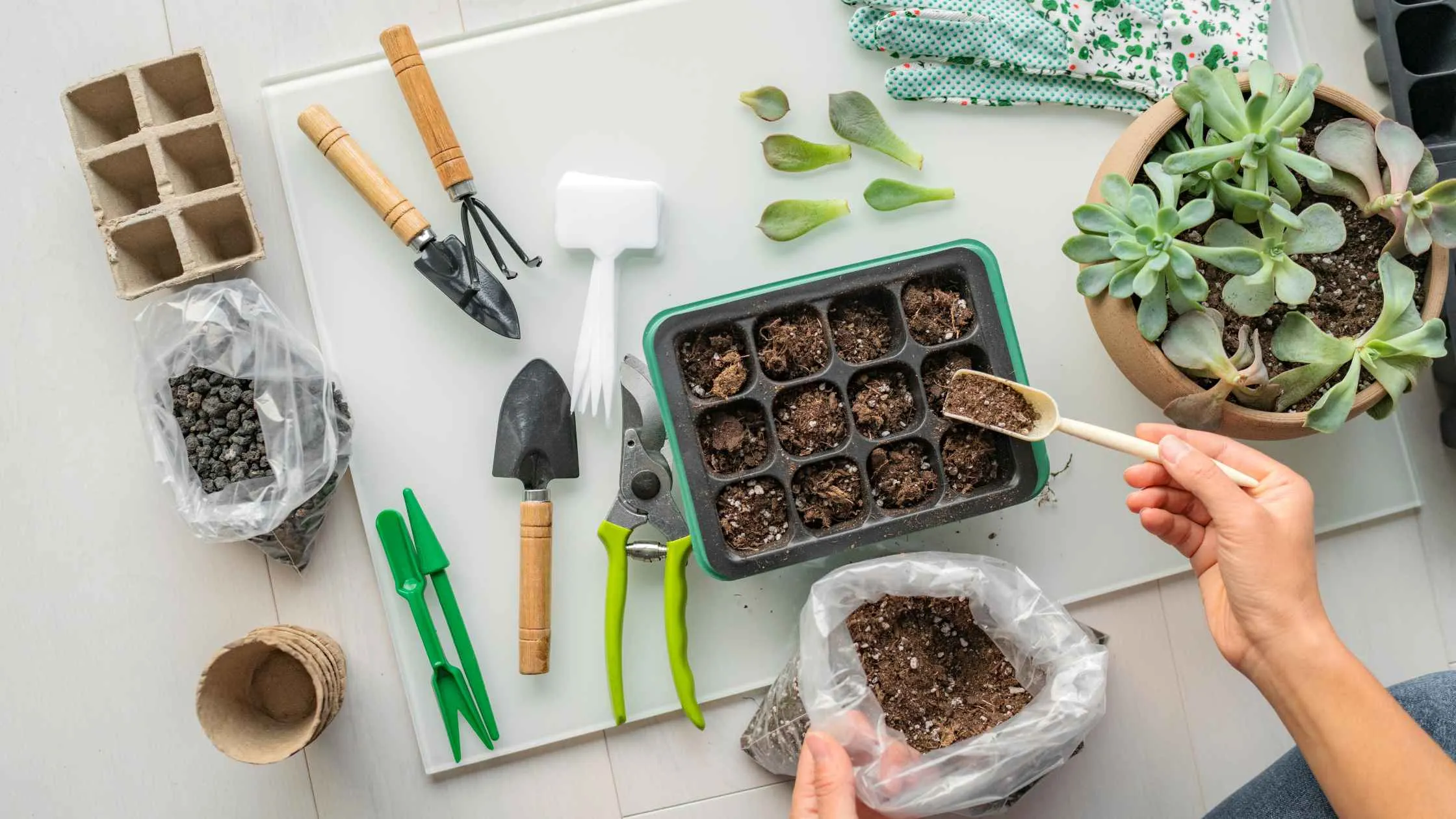
Starting seeds is a journey of growth from the very beginning. Biodegradable pots or trays made from peat, paper, or cow dung allow you to start your seeds organically and transplant them directly into the soil without disturbing the roots.
Grow Trays
Grow trays are essential for starting multiple seeds in a compact space. Opt for trays made from recycled plastic or other sustainable materials.
Grow Lights
If sunlight is limited, grow lights can provide your seedlings with the necessary spectrum of light for growth. Look for energy-efficient LED grow lights that mimic natural sunlight while conserving energy.
Different Size Seedling Containers
As seedlings grow, they'll need more space. Using a variety of containers lets you upsize as needed without waste. Choose containers that are durable so that they ca nbe reused, or organic materials that you can plant directly in the garden when needed.
Wheelbarrow
A wheelbarrow is invaluable for moving soil, compost or plants, and other materials around your garden space efficiently and with minimal strain.
Watering Can
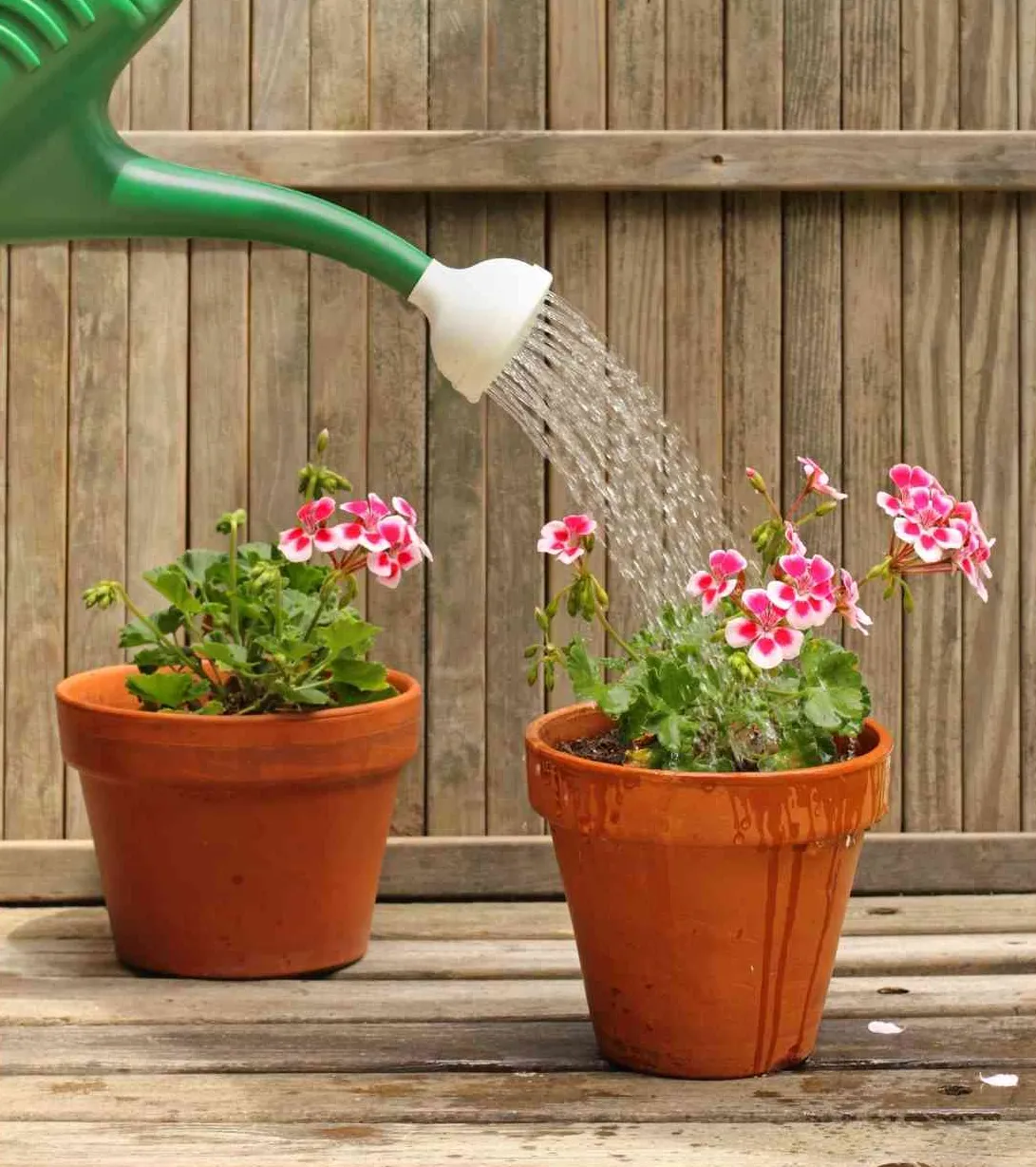
A watering can with a long spout offers precision and control, ensuring gentle watering that doesn't disturb the soil or seedlings. Choose one made from galvanized steel or recycled materials for durability and eco-friendliness.
Garden Forks and Spades
For turning soil or larger digging projects, garden forks and spades are essential. Look for tools made with durable materials like wooden handles and stainless steel heads.
Hori Hori Knife
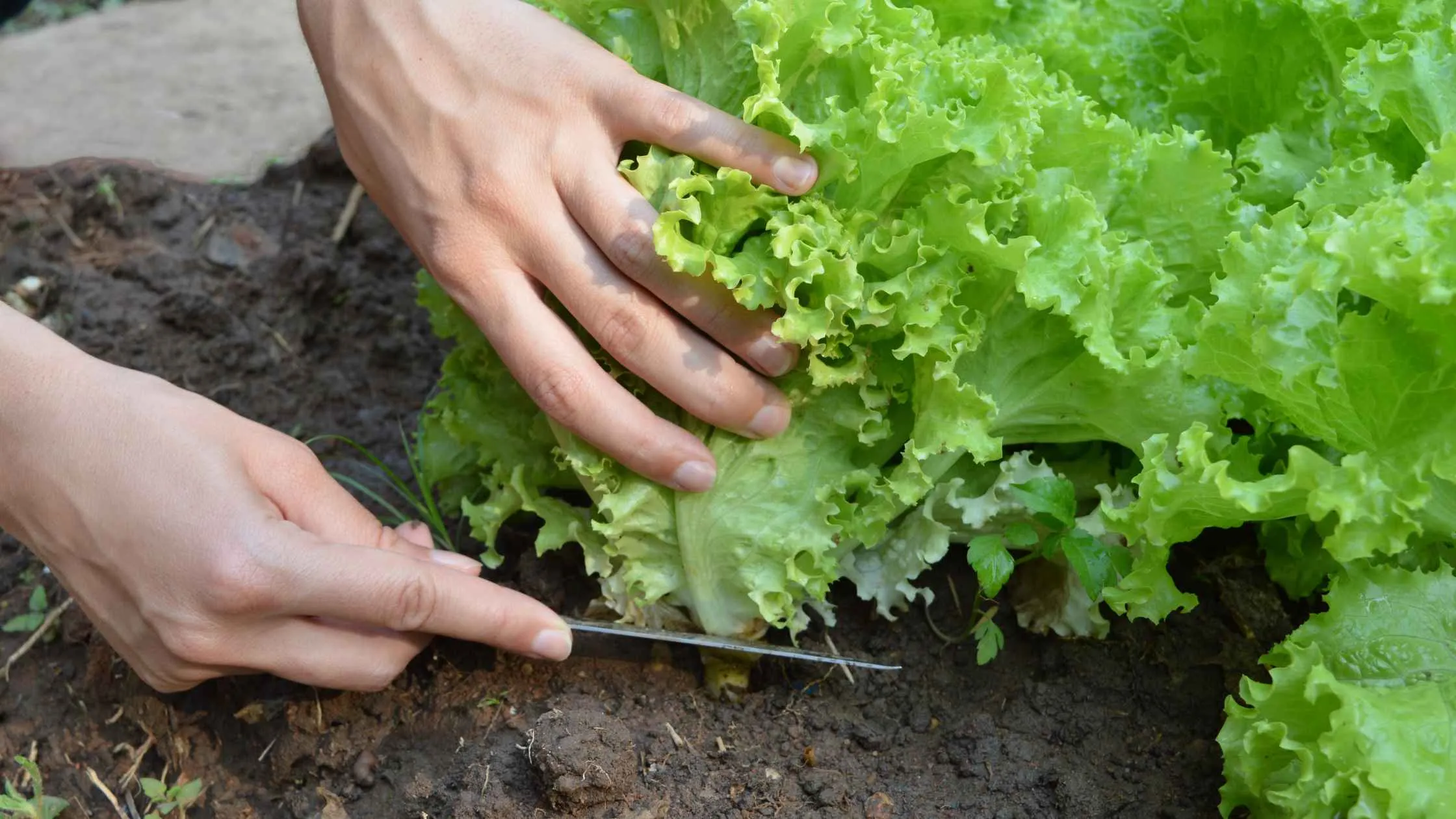
This multi-purpose Japanese gardening tool is ideal for digging, weeding, and cutting. A durable handle with a stainless steel blade makes it the eco-conscious choice for your garden toolkit.
Garden Hose with Adjustable Nozzle
A garden hose with an adjustable nozzle helps you control water flow and conserve water. Opt for hoses made from recycled materials and nozzles with multiple settings for your different watering needs.
Other Tools
The following are optional for the beginner gardener, but can make your gardening experience easier.
Kneeling Pads
Protect your knees with kneeling pads made from natural or recycled materials. Comfort is key when you're planting or weeding, and eco-friendly options ensure sustainability.
Mini Garden Seat
A mini garden seat can make gardening more comfortable and accessible. Choose seats made from sustainable or recycled materials to reduce environmental impact.
Harvesting Basket or Bowl
When it's time to enjoy the fruits of your labor, a basket or bowl is perfect for collecting your harvest.
Soil Monitor
A soil monitor helps you keep track of moisture, pH, and nutrient levels.
Organic Pest Control
Not really a tool, but worth the mention as pests are something we all experience. Managing pests organically keeps your garden healthy and chemical-free. Neem oil, for example, is a natural pesticide that's effective and safe for the environment.
How To Take Care Of Your Gardening Tools
Cleaning
Regularly clean your tools with natural soaps and water to prevent rust and disease spread. Dry them thoroughly before storage.
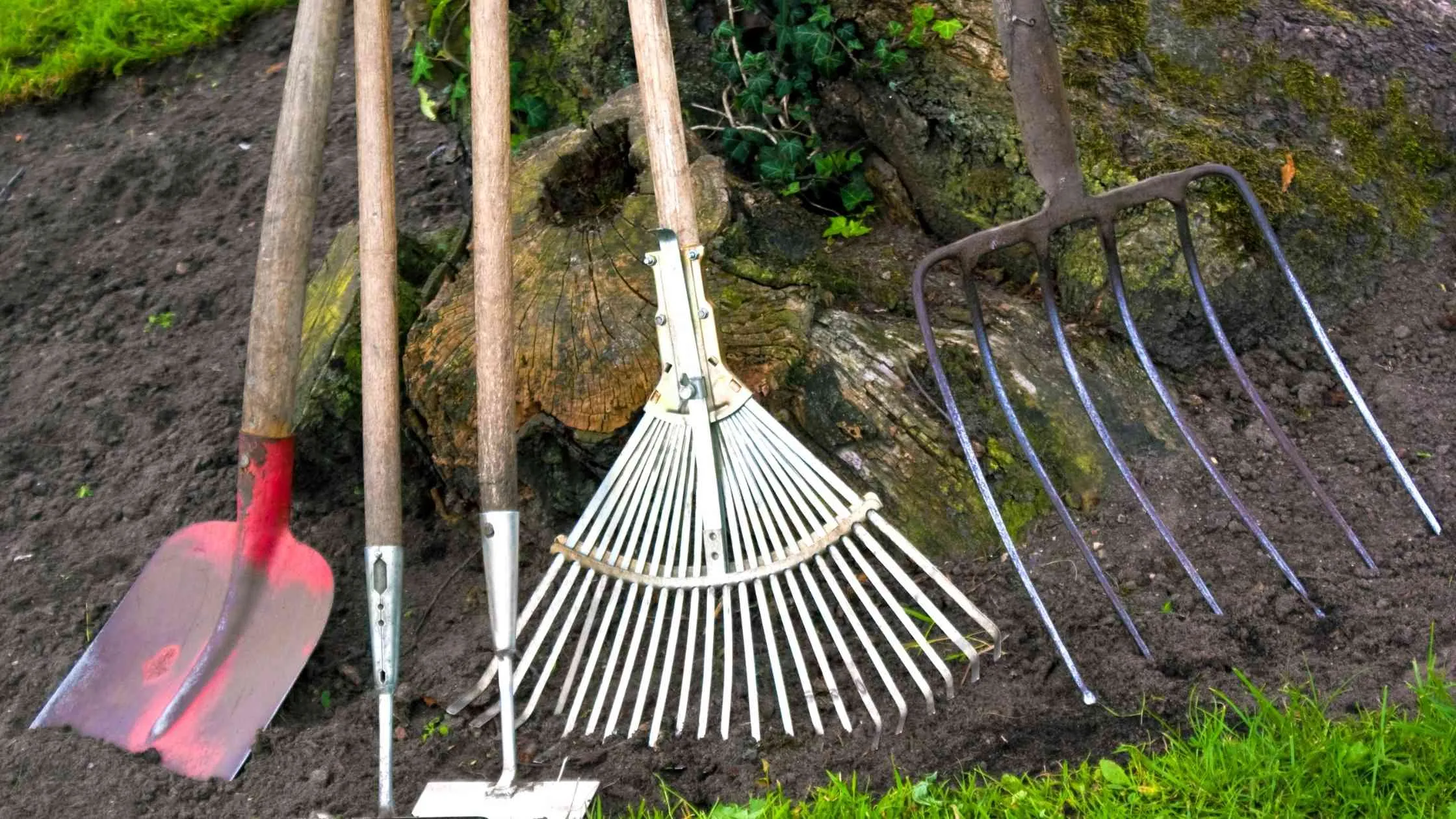
Sharpening
Keep cutting tools sharp with a whetstone or file. Sharp tools make gardening easier and are safer to use.
Storing
Store your tools in a dry, organized space. Wooden handles can be rubbed with linseed oil to prevent drying and cracking.
Final Thoughts
Embarking on your gardening journey with the right tools sets the foundation for a thriving, sustainable garden. By choosing eco-friendly, durable tools, and taking good care of them, you're not just nurturing your garden but also the planet. Let’s get your garden started!

